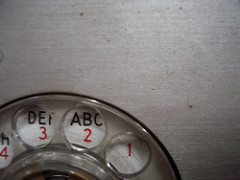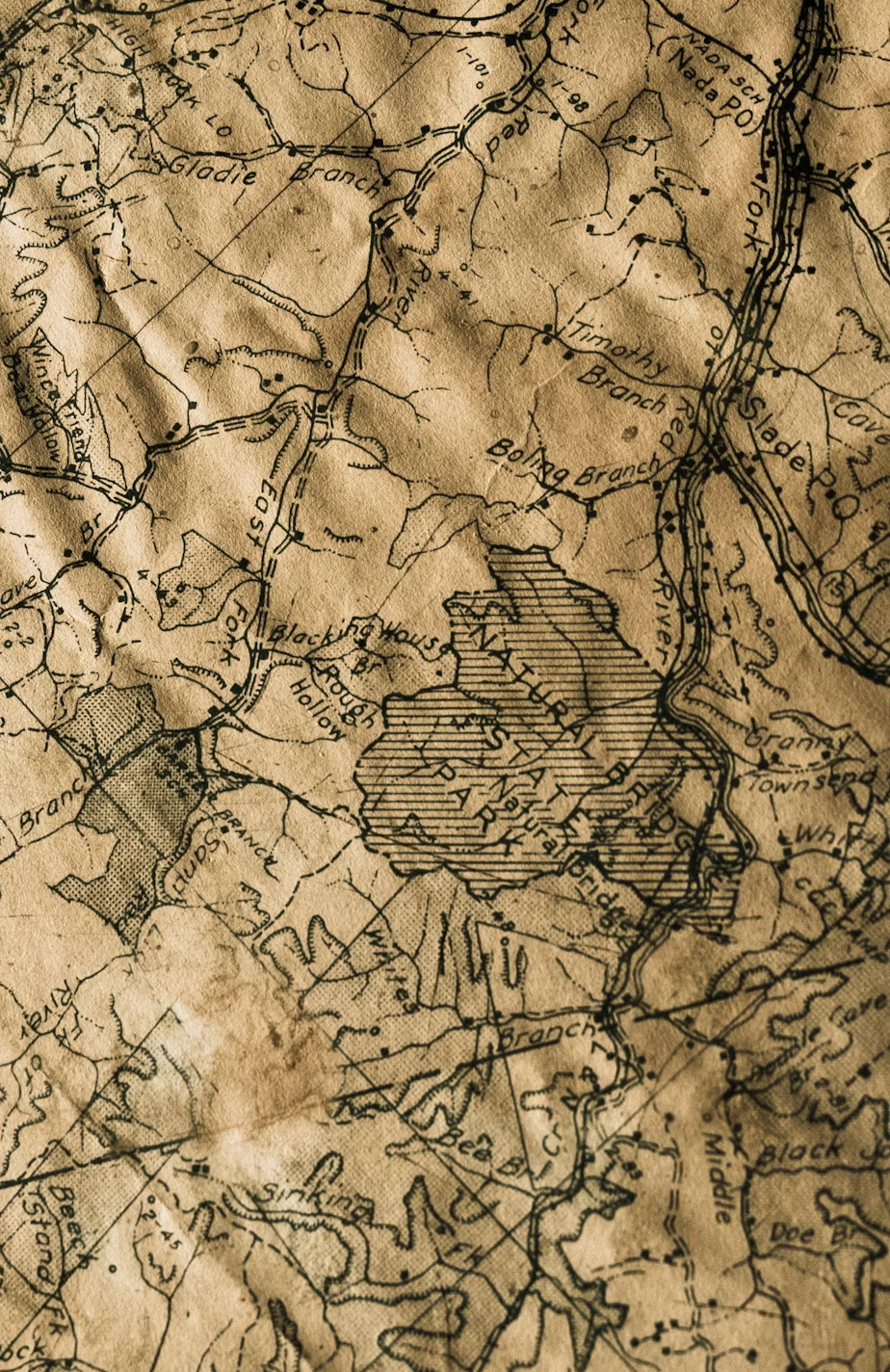By DAVID LEHMAN
Remember rotary phones?
What did we do back then
if we didn’t have a phone
and had to walk a mile
to get to the bus stop?
Remember telephone booths?
Remember when the question was
how many college kids can fit into one telephone booth?
Let’s say I wanted to get a message to you.
Do you remember what we used to do?
Remember the typewriter.
Remember the haiku
on the wine-stained menu.
Remember the answering machine.
We said goodbye
under the clock where we kissed
at the train station
and that was how everyone knew
that I was going to die
in Anzio or Monte Cassino,
I, the American, a veteran amnesiac
who tells stories backwards because
he doesn’t know much about history.
Remember the telegram,
the last unfiltered Camel at the station.
Remember the typewriter.
Remember the Maine?
Remember the Alamo?
Remember Pearl Harbor?
Remember the radio?
And I had never seen you unclothed
before the night before the day before
There was a knock on the door—
The cops burst in—
There was a dead man on the floor—
and you stood there looking guilty as sin—
But I threw away the script
I spoke from the heart
For love was everything
Love was meat and drink to us
And love was only nature’s art,
Remember?
David Lehman, editor ofThe Best American Poetry series, has recently published a new collection of poems, Yeshiva Boys.
[Purchase your copy of Issue 05 here]




